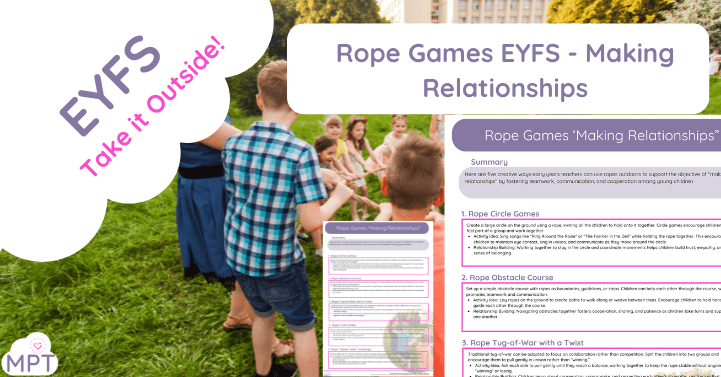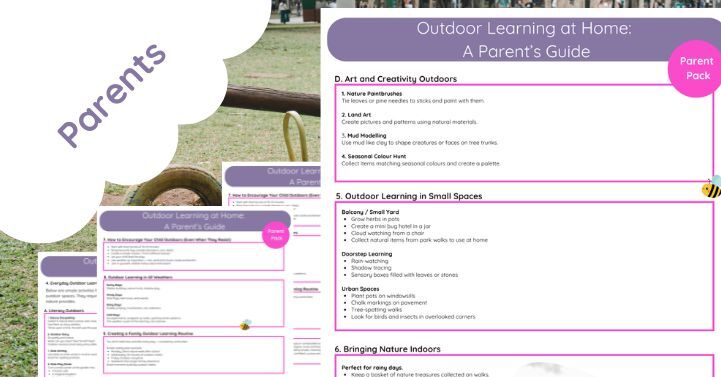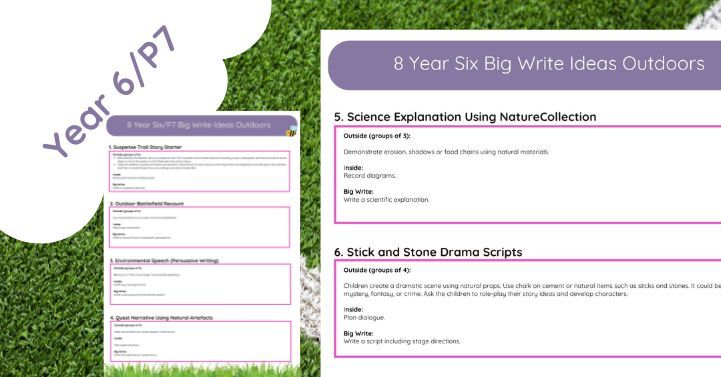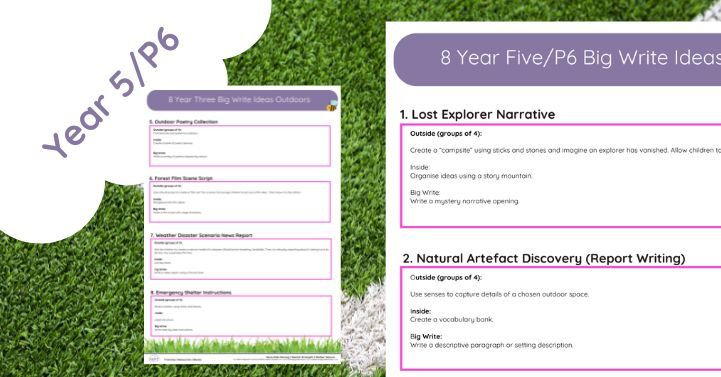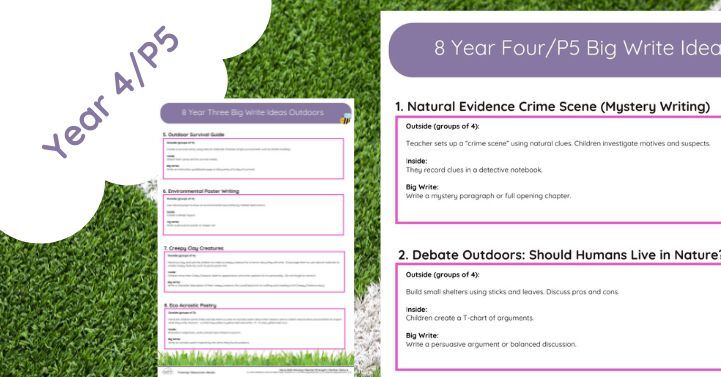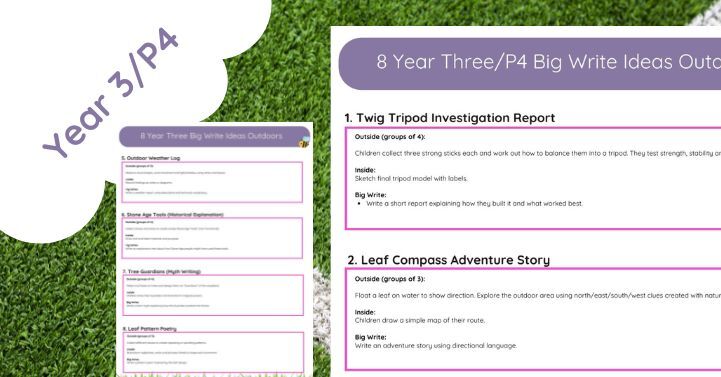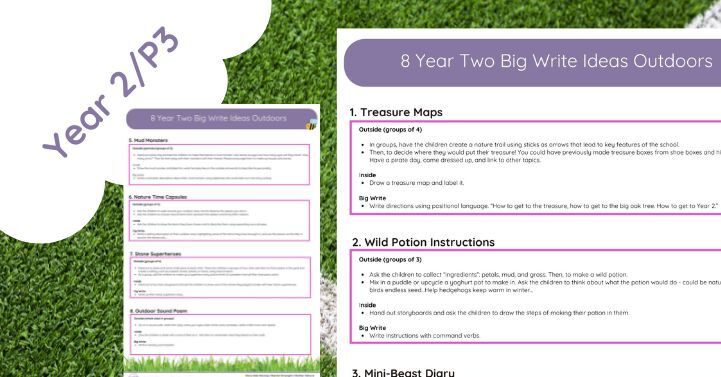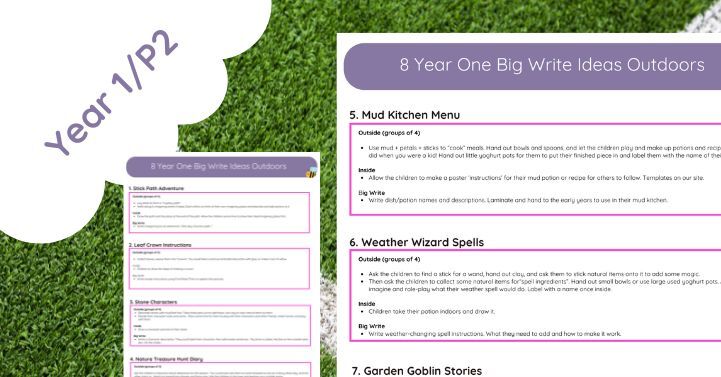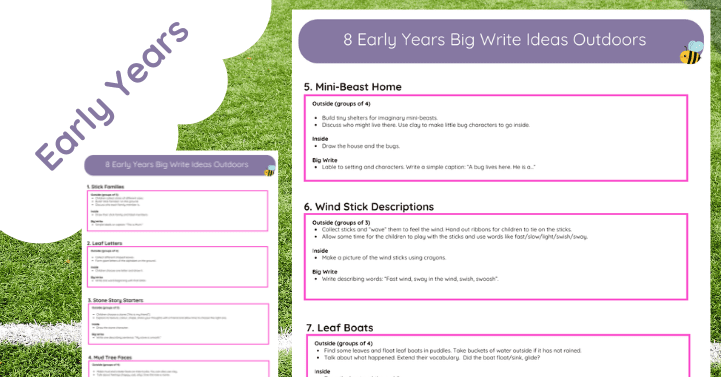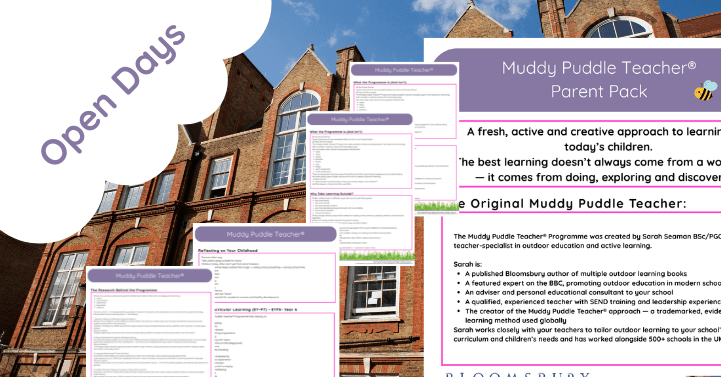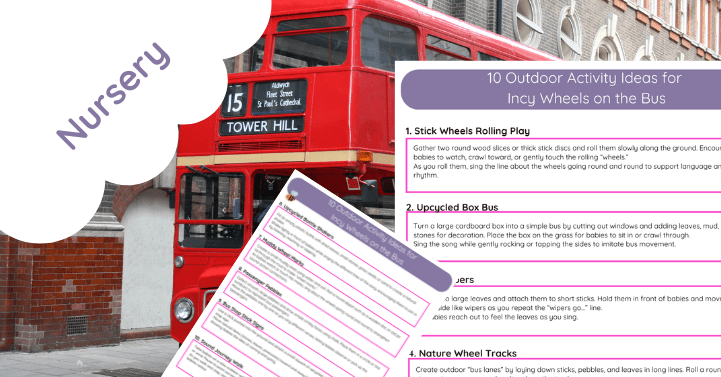Making Relationships in EYFS Using the Muddy Puddle Teacher Rope Method: Hands-On, Outdoor Learning for Building Social Skills
Our Making Relationships EYFS resource, inspired by the Muddy Puddle Teacher Rope Method, is designed to support early years educators in fostering strong social connections and teamwork among young children. This unique, nature-based approach uses simple rope activities to encourage communication, cooperation, and trust-building in a fun, outdoor setting. Perfect for any early years environment, these activities are hands-on, engaging, and adaptable to different group sizes.
Features:
- Interactive Rope Activities: This section includes creative ideas for rope-based games, such as Rope Circle Games, Collaborative Tug-of-War, and Rope Trails, encouraging children to work together and form friendships.
- Focused on Relationship Building: Every activity is designed to build skills such as turn-taking, empathy, communication, and teamwork, helping children form positive relationships.
- Adaptable to Different Settings: The rope method is versatile and can be used in various outdoor settings, from playgrounds to nature areas, with minimal setup.
- Encourages Physical and Social Development: Children practice coordination, balance, and movement while engaging in collaborative play, building confidence and social skills in a natural, engaging way.
Why Choose This Resource?
Our Making Relationships EYFS Using the Muddy Puddle Teacher Rope Method resource is invaluable for early years educators seeking to build social skills in a fun, interactive, and nature-inspired way. Simple ropes and nature-based activities provide children with memorable experiences that lay the foundation for healthy social connections, empathy, and collaboration. It is perfect for promoting social development in a joyful, outdoor learning environment!
Building Relationships in EYFS with the Muddy Puddle Teacher Rope Method
Building strong relationships in the Early Years Foundation Stage (EYFS) is essential as children develop foundational social skills like cooperation, empathy, and teamwork. The Muddy Puddle Teacher Rope Method is a fantastic way to encourage these skills. This approach uses simple rope-based activities in an outdoor setting to promote communication, connection, and collaboration among young children.
Here’s how you can incorporate the Muddy Puddle Teacher Rope Method into your outdoor activities to help EYFS children develop strong social bonds while learning through play.
1. Rope Circle Games for Communication and Teamwork
Creating a rope circle for children to gather around is an effective way to promote teamwork and communication. By holding onto the rope as a group, children gain a sense of unity and learn to communicate and cooperate with each other.
How to Play:
- Form a large circle with the rope, inviting each child to hold onto it. Encourage the children to move around the circle, adjusting speed and direction as a team.
- Introduce a song or rhyme, like “The Farmer in the Dell,” that children can sing together as they move, adding an element of rhythm and coordination to the activity.
Benefits:
- Communication: Children develop verbal and non-verbal communication as they work to stay in sync.
- Cooperation: Holding the rope circle together reinforces the concept of teamwork, helping children feel part of a connected group.
For more activities that foster teamwork, take a look at Learning and Exploring Through Play, which offers ideas for encouraging collaboration in early years.
2. Collaborative Tug-of-War for Patience and Empathy
While tug-of-war is typically competitive, this version emphasizes balance and patience rather than winning or losing. Children work together to keep the rope steady, learning how to adjust their strength based on others’ efforts.
How to Play:
- Divide the children into two groups, and explain that their goal is to hold the rope steady rather than pulling against each other. This helps them find a balance, with each side adjusting their strength based on the other’s needs.
Benefits:
- Patience: Children learn to wait and adjust, which requires them to be mindful of each other.
- Empathy: Balancing each other’s strength reinforces the value of patience and empathy, as children focus on maintaining harmony rather than competing.
For more ideas on using physical play to develop social skills, Active for Life has a range of resources on how movement-based activities can strengthen relationships.
3. Rope Trail Leader for Trust and Confidence Building
Creating a rope trail through your outdoor space provides a wonderful opportunity for children to learn about trust and leadership. Each child gets a chance to lead, guiding others through the trail and helping them navigate the path.
How to Play:
- Tie a long rope to trees, branches, or other natural markers to create a “trail.” The lead child holds the rope and guides the rest, who also follow by holding on. Rotate leaders so that everyone has a chance to guide the group.
Benefits:
- Trust: Children develop trust as they follow the leader, relying on each other to navigate safely.
- Leadership: Each child can build confidence by leading, fostering responsibility and communication skills.
For further inspiration on outdoor learning, check out The Muddy Puddle Teacher, which offers nature-based methods and activities to enhance social and emotional learning.
4. Spider Web Rope Challenge for Problem-Solving and Collaboration
A spider web rope challenge is a great activity for promoting teamwork and problem-solving skills. By creating a “web” out of ropes tied between trees or posts, children work together to navigate the web without touching it.
How to Play:
- Arrange ropes between two trees or posts, leaving spaces large enough for children to walk through. Children must pass through the “web” without touching the ropes, helping each other find paths through different sections.
Benefits:
- Problem-Solving: Children strategize as a team, using trial and error to navigate the web.
- Collaboration: The challenge encourages them to communicate and support each other, fostering cooperation and teamwork.
For more problem-solving activities that build social skills, Twinkl offers a variety of resources for EYFS settings.


